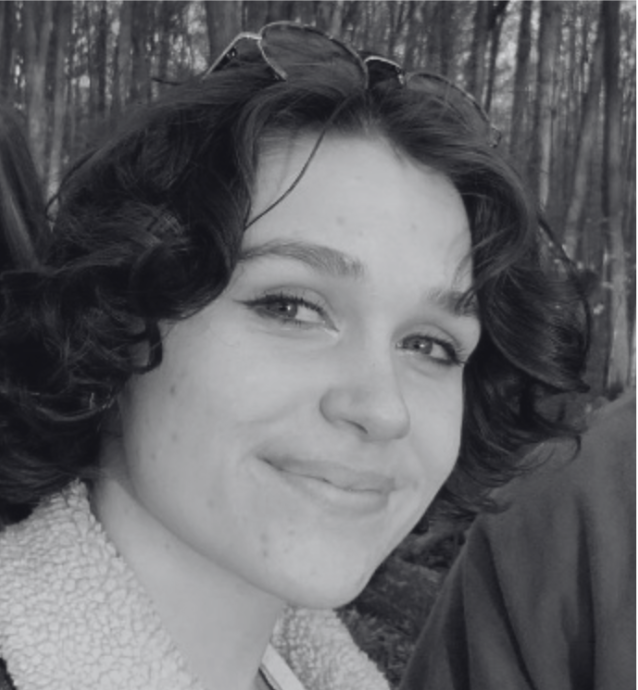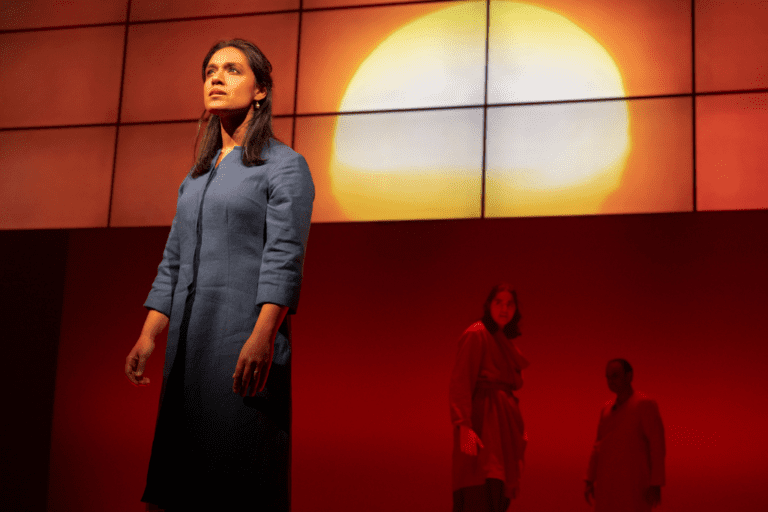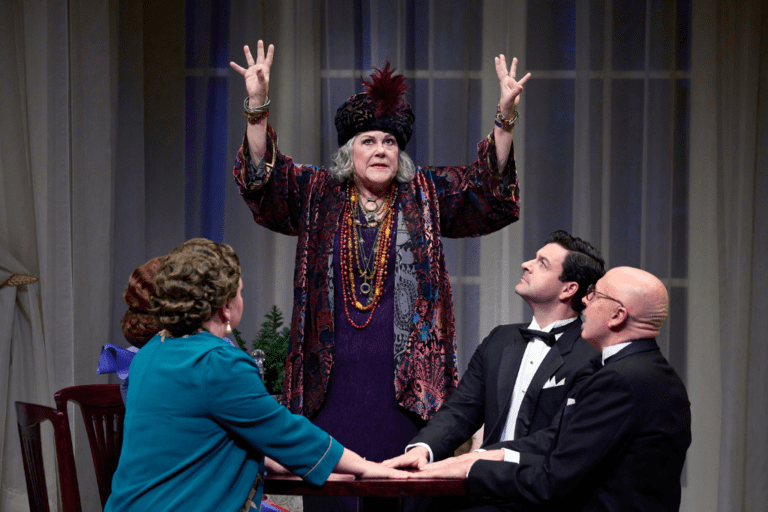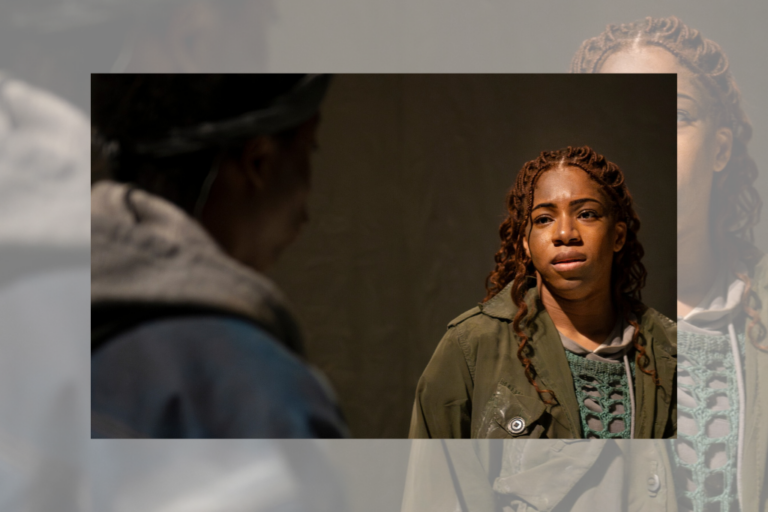‘One Size Fits One’: In Conversation with Ottawa Fringe Coordinators about Accessibility
This year, the Ottawa Fringe Festival has dedicated itself to access and inclusion, as demonstrated by recent strides it has taken in its accessibility accommodation and ancillary programming. The festival emphasizes collaboration and inclusion, and is committed to ensuring that no one in its community is left behind due to a lack of accommodation.
“It’s really about figuring out different ways to meet different people’s needs, because disability is the largest minority in the world,” said Fringe’s access coordinator, Drea, in an interview. “There’s not one size that fits all. It’s a one-size-fits-one.”
One access program that is new to this year’s festival is the Listen Everywhere Initiative. The program entails the adoption of a new assistive listening and audio description mobile app to accompany select shows, which allows the festival to accommodate a larger volume of individuals who may require assistive listening devices, since the app is downloadable on any mobile device. In addition to the implementation of the Listen Everywhere app, the festival has a reserve of mobile devices available to any who may need them.
As a part of the Listen Everywhere Initiative, two shows this year will offer described content: the first is The Merkin Sisters at Arts Court Theatre on Friday, June 23 at 6 p.m., and the second is Kimiko in the Atelier space on Saturday, June 24 at 4:30 p.m.
“It’s great that these two shows have taken the plunge with us to let us try it out, and a lot of blind community members have been itching for some described content for a while, so we’re happy to be able to start to offer that as well,” said Drea.
There’s not one size that fits all. It’s a one-size-fits-one.
Ottawa Fringe’s dedication to accessibility this year is also represented in the festival’s website. There’s a section on the site dedicated to access measures, where any prospective Fringer may go to learn more about the strides that Fringe has taken towards a more inclusive theatre experience. There, audiences will find an access guide with a list of accessible show categories, as well as a way to contact Drea with any specific needs for access that might have been overlooked in the development of the festival’s accessibility programs. In addition, there is an option to anonymously give feedback to the Fringe team or reach out to Fringe on social media. Drea says the team is open to any help from the community to try and move towards a place of greater inclusion together.
“I’ll work hard to try and meet those needs, if not this year, then to build it into the plan for future years,” Drea promised. “That’s the main thing, is just listening in whatever space I’m in to what others are saying.”
In the spirit of community-focused inclusivity, Fringe has made efforts to accommodate access needs that might be unseen, so as to not overlook any who may benefit from their access initiatives. This manifests in several programs offered at this year’s festival, one of which being the “First-Time Fringer’s Guide” to help make the theatre experience as smooth, seamless, and accommodating as possible. The guide helps connect new Fringers to the ins and outs of the festival, equipping them with any information regarding logistics such as the locations of the shows and events, as well as the access initiatives available.
“Fringe is this beautiful annual reunion of theatre, arts, and performing arts people,” said Fringe outreach coordinator, Lydia Talajic. “I think that’s what I really love about Fringe… we’re a community and we support each other.”
Fringe’s dedication to inclusion has led to great strides taken in the festival’s accessibility, but the festival’s coordinators are still hoping for more to be done on a grander scale.
“If we look at where we are in relation to some other countries around access, we are behind in a lot of different ways,” said Drea. “There’s a lot of barriers to disabled actors being able to perform. Most of our theatre training houses are inaccessible either physically or there’s other barriers that are unsustainable either financially or for different reasons.”
“I would love to see it move forward so that there is more of this, that more theatres are able to be retrofitted to make them accessible, and that we really look at our accessibility programming as a central thing.”
“I think a lot needs to change,” agreed Talajic. “Seeing all these initiatives happening, our goal is just to support them. Being loud about it, being supportive and just not taking no for an answer, especially.”
The Ottawa Fringe Festival runs from July 15-25. You can learn more about the festival here.










Comments